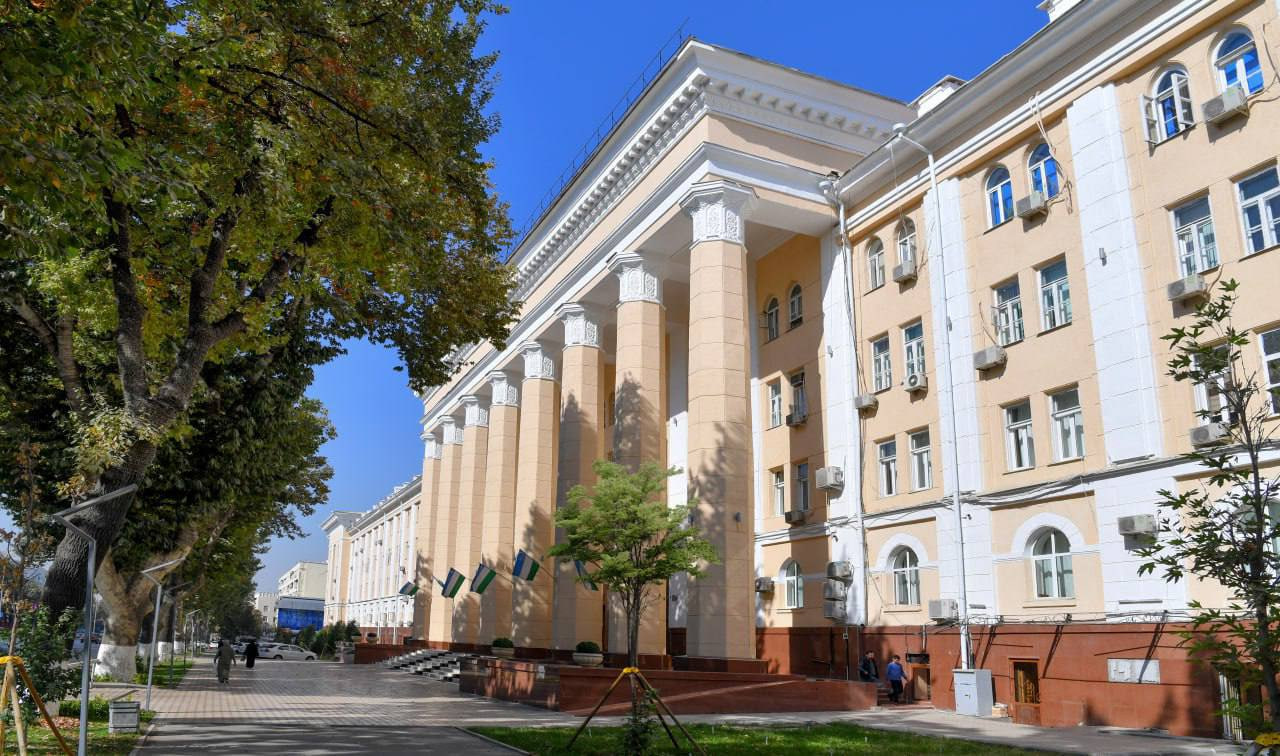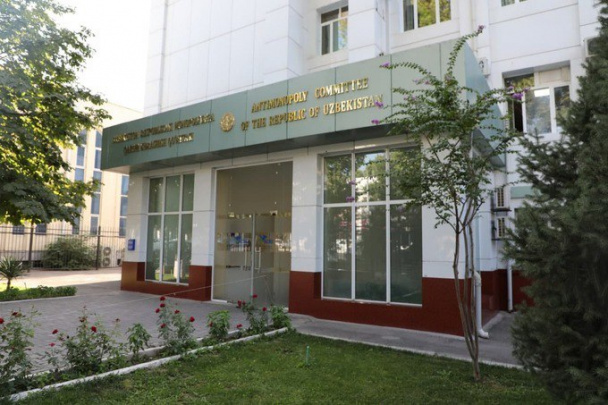Uzkomnazorat takes over media oversight duties from dissolved AIMC

According to the Ministry of Justice, the responsibilities and functions of the former Agency for Information and Mass Communications (AIMC) related to oversight and monitoring in the information sphere have been transferred to the Uzkomnazorat Inspection, as stipulated by a presidential decree. Additionally, the Center for Public Communications Issues under the former AIMC has been brought under the direct authority of the Presidential Administration.
The changes are outlined in the presidential decree “On Measures to Enhance Efficiency, Proactivity, and Effectiveness in the Public Administration System”, signed on July 14. Under the decree, the Agency for Information and Mass Communications (AIMC) has been dissolved, and its functions related to information oversight and monitoring have been handed over to the Inspection for Control in the Sphere of Informatization and Telecommunications (Uzkomnazorat).
The decree also includes the following structural changes:
- The Center for Public Communications Issues, previously under AIMC, is now subordinate to the Presidential Administration;
- A new Agency for Control over Narcotic Drugs and Firearms has been established based on the former National Center for Drug Control;
- A Content Creation Center for Mass Media has been formed under the Presidential Administration’s press service, replacing the previous media center;
- A new Agency for Governance Efficiency has been created on the basis of the Agency for Civil Service Development;
- The Fund for the Development of Culture and Art, formerly under the Cabinet of Ministers, has also been transferred to the jurisdiction of the Presidential Administration.
Additionally, by September 1, 2025, the government will develop draft normative-legal documents aimed at:
- Eliminating bureaucratic barriers, removing redundant control functions, and ensuring transparency and openness in decision-making processes to enhance the efficiency of national and local executive authorities;
- Expanding the economic, administrative, and financial powers of local governments to support comprehensive regional development, improve employment, and increase household incomes.
Related News

18:03 / 14.07.2025
Uzbekistan reforms state media strategy: AIMC dissolved, National Content Creation Center launched

19:13 / 08.07.2025
Uzbekistan showcases digital progress and media reform at WSIS+20

18:24 / 03.07.2025
Competition Committee sanctions 17 firms over misleading advertising

11:48 / 28.06.2025



